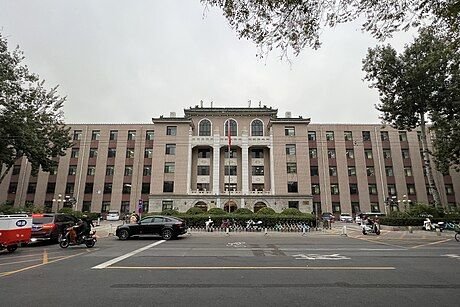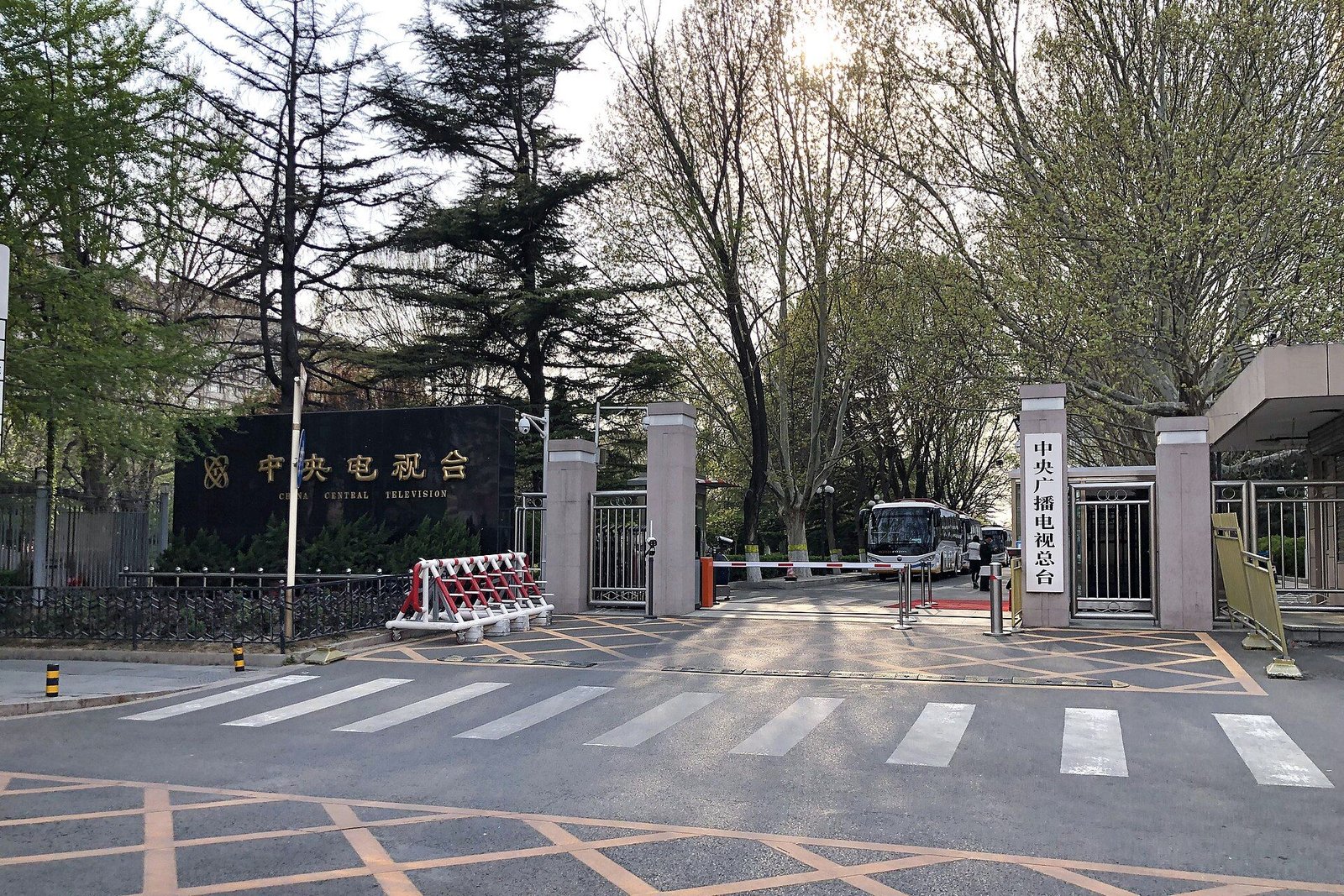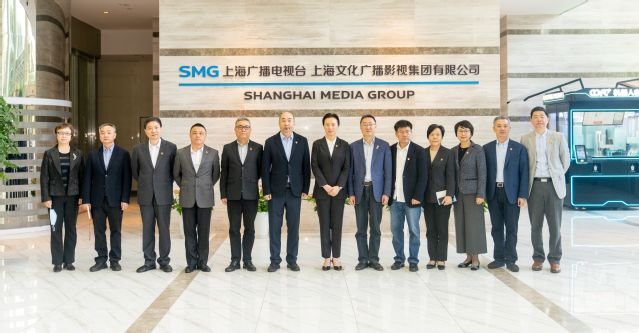China International Television Corporation
China International Television Corporation (中國國際電視總公司, CITVC) is a wholly state-owned subsidiary of China Media Group (中央廣播電視總台), established in 1984 to handle international content distribution and co-production partnerships. The corporation serves as CMG’s primary commercial arm for global media operations, with over RMB 10 billion in assets and annual revenue. CITVC founded the Silk Road Television Community (絲綢之路電視共同體) in 2016 as an international broadcasting alliance now encompassing 149 media institutions across 64 countries. The company operates content distribution channels in North America through its California-based subsidiary China Television Corporation (中國電視有限公司, CTC) and has been designated a “Key National Cultural Export Enterprise” by Chinese authorities, positioning it as a central platform for Beijing’s international media influence operations and Belt and Road Initiative (一帶一路) propaganda dissemination.









